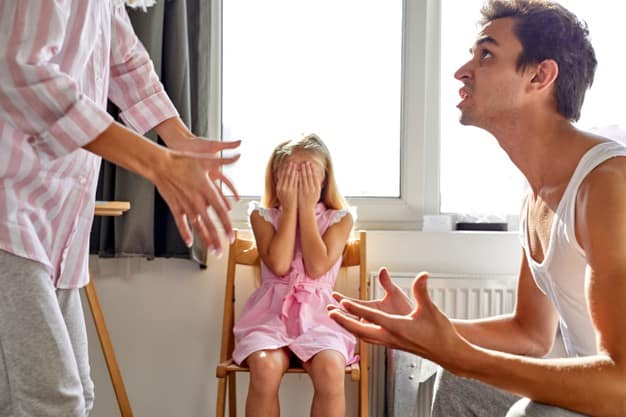
Equal Shared Parental Responsibility vs Equal Time
The term “equal shared parental responsibility” is often used in family law matters involving children. It is often confused with the term “equal time”.
Equal shared parental responsibility is not the same as equal time
There is a presumption in the Family Law Act 1975 (Cth) (the Act) (subject to some exceptions) that it is in a child’s best interests for their parents to have equal shared parental responsibility. Parental responsibility is defined as all of the duties, powers, responsibilities and authority which parents legally have in relation to their children. Significantly, this presumption relates solely to how parents make decisions for their children: it does not mean there is a presumption that children spend equal time with their parents.
What does equal shared parental responsibility mean in practice? Parents who share parental responsibility equally must make a genuine effort to consult each other about decisions involving long-term issues concerning a child’s care, welfare and development. This includes decisions relating to a child’s health, education, cultural upbringing and living arrangements, particularly when a change to those arrangements would make it more difficult for a child to spend time with a parent.
The presumption of equal shared parental responsibility can be rebutted (meaning there are circumstances where it does not apply). For example, if:-
- there are reasonable grounds to believe that a parent (or a person living with a parent) has perpetrated child abuse or family violence, or
- it would otherwise not be in the child’s best interests
then the court will not apply the presumption of equal shared parental responsibility and will allocate parental responsibility between parents as it deems appropriate.
There is no presumption that children must spend equal time with each parent
The Act does not provide that a child must spend equal time with each parent after their parents separate.
Even where parents have equal shared parental responsibility, an order will only be made for equal time if the court finds that it is in the child’s best interests and reasonably practicable. If the court finds that equal time is not appropriate or practicable, it must instead consider making an order that the child spend “substantial or significant time” with both parents.
In considering how much time a child should spend with each parent, the child’s best interests are the court’s paramount consideration. When determining what arrangements are in the child’s best interest, the court will take into consideration several factors including the following:
- The benefit to the child of having a meaningful relationship with both parents;
- The need to protect the child from physical and psychological harm resulting from being subject to or exposed to abuse, neglect or family violence;
- Any views expressed by the child;
- The nature of the relationship of the child with each of the parents and their respective families; and
- The practical difficulty and expense of a child spending time with and communicating with a parent.
Conclusion
After separation, when emotions are heightened, confusing the presumption of equal shared parental responsibility with a presumption of equal time is understandable. However, the two concepts are not the same and have different legal meanings. Contact us if you are considering separating or have separated and have questions about parenting arrangements.




